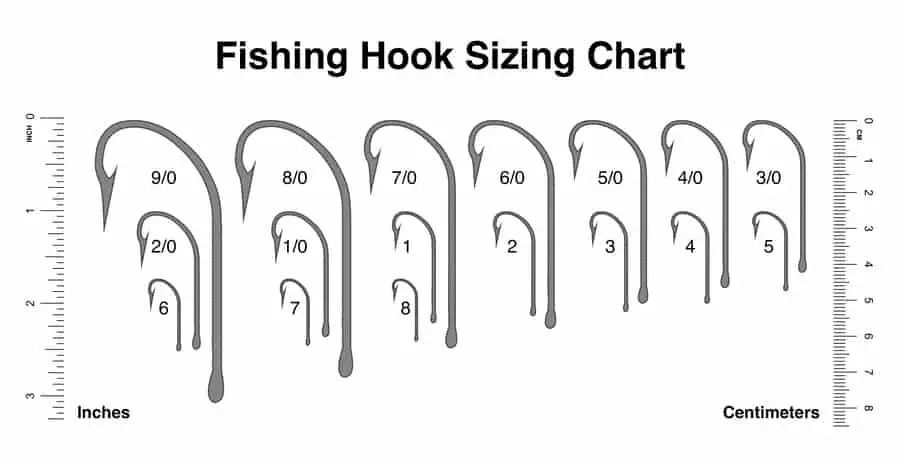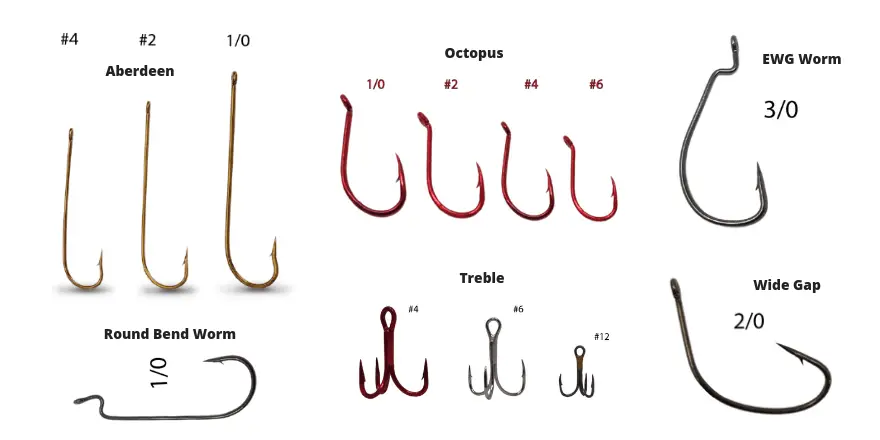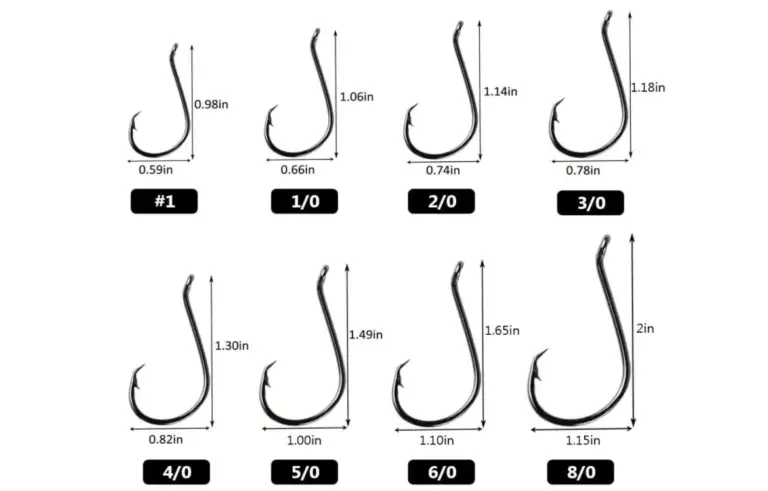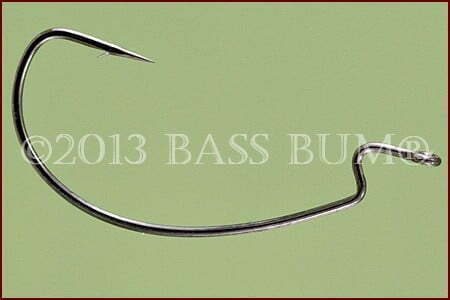If you’re an avid angler looking to reel in some largemouth bass, it’s important to choose the right hook size for optimum success. Largemouth bass are notorious for their size and strength, so you’ll want to ensure that your hook is large enough to handle their impressive bite. In this article, we’ll explore the different hook sizes available and help you determine the perfect size hook for landing those trophy-worthy largemouth bass. So grab your fishing gear and get ready to enhance your bass fishing experience with the right hook size.
Understanding Largemouth Bass Fishing Hooks
When it comes to largemouth bass fishing, understanding the different factors to consider when choosing the right hook size is crucial. The size of the hook can greatly affect your chances of hooking and landing a bass successfully, and it is important to select the appropriate size based on various factors such as bass weight and size, preferred lure type, fishing technique, and environmental conditions.
Factors to Consider When Choosing Hook Size
Before delving into the different hook sizes for largemouth bass, it is important to consider several factors that can influence your hook selection. These factors include the weight and size of the bass, the type of lure you prefer to use, the fishing technique you employ, and the environmental conditions you are fishing in.

Determining Hook Sizes for Different Bass Weights
When it comes to bass fishing, the weight of the fish plays a significant role in determining the appropriate hook size. Typically, bass weights are categorized into different ranges, and matching the hook size to the bass weight can greatly increase your chances of successfully landing a fish.
Choosing Hook Sizes Based on Preferred Lure Type
Another important factor to consider when selecting the right hook size for largemouth bass fishing is the type of lure you prefer to use. Different lure types require different hook sizes to ensure optimal performance and hooking efficiency.

Hook Selection for Specific Fishing Techniques
Different fishing techniques require specific hook sizes to maximize their effectiveness. Whether you are flipping and pitching, Texas rigging, Carolina rigging, drop shotting, or using swimbaits, choosing the right hook size is crucial for achieving successful hookups.
Considering Environmental Conditions
The environmental conditions you are fishing in can also impact the hook size you choose. Factors such as water clarity, temperature, season, and the presence of cover and structure can all influence the size of the hook you should use to target largemouth bass.

Common Hook Sizes for Largemouth Bass
Now that we have discussed the different factors to consider when selecting the right hook size, let’s take a closer look at the common hook sizes used for largemouth bass fishing. It is important to note that hook sizes are denoted by numbers, with larger numbers indicating smaller hooks and vice versa.
1/0 and 2/0 Hooks
1/0 and 2/0 hooks are popular choices for largemouth bass fishing. These hook sizes are versatile and can accommodate a wide range of lure sizes, making them suitable for various fishing situations.
3/0 and 4/0 Hooks
3/0 and 4/0 hooks are slightly larger in size and are ideal for targeting larger bass. These hooks provide increased hooking power and are commonly used with bigger soft plastic lures and jigs.
5/0 and 6/0 Hooks
If you are targeting trophy-sized largemouth bass or using bulky soft plastic baits, 5/0 and 6/0 hooks are excellent options. These larger hooks provide superior hook penetration and holding power, increasing your chances of successfully landing big bass.
7/0 and 8/0 Hooks
7/0 and 8/0 hooks are heavy-duty hooks mainly used for specific fishing techniques such as flipping and pitching. These hooks are designed to handle heavy cover and stout lures, making them suitable for targeting bass hiding in dense vegetation or structure.
10/0 and Larger Hooks
For anglers targeting massive trophy bass or using oversized swimbaits, 10/0 and larger hooks may be necessary. These hooks provide maximum hooking power and can handle the pressure of battling with monster-sized bass.
Advantages and Disadvantages of Larger Hooks
While larger hooks offer certain advantages, it is essential to consider their potential disadvantages as well. Larger hooks provide superior hooking and holding power, ensuring a secure connection between you and the fish. However, their increased size can result in limited hook penetration, potentially leading to missed hook sets. Additionally, larger hooks also increase the chances of deep hooking, which can cause harm to the fish. Lastly, visibility and angler preference should also be taken into account when choosing hook sizes.

Effects of Hook Size on Hook-Up Ratio
Using the correct hook size for largemouth bass fishing can significantly impact your hook-up ratio. Choosing the right size hook ensures a higher chance of successful hook sets and reduces the risk of losing fish due to hook pulls or failed hook penetration.
Ensuring Proper Hook Size Selection
To ensure that you are selecting the proper hook size for largemouth bass fishing, it is recommended to experiment and make adjustments based on your personal experience and observations. Additionally, considering local recommendations and consulting fishing professionals can also provide valuable insights into the best hook sizes for your specific fishing location.
In conclusion, understanding largemouth bass fishing hooks and the different factors that influence hook size selection is crucial for improving your chances of success on the water. By considering factors such as bass weight and size, preferred lure type, fishing technique, and environmental conditions, you can make informed decisions when choosing the right hook size. Remember, selecting the appropriate hook size is essential for optimizing hooking efficiency and landing more largemouth bass.





